Open neuroscience and data-sharing
Recent articles
This series of scientist-written essays explores some of the benefits and challenges of data-sharing.
Neuroscience’s open-data revolution is just getting started
Data reuse represents an opportunity to accelerate the pace of science, reduce costs and increase the value of our collective research investments. New tools that make open data easier to use—and new pressures, including funding cuts—may increase uptake.
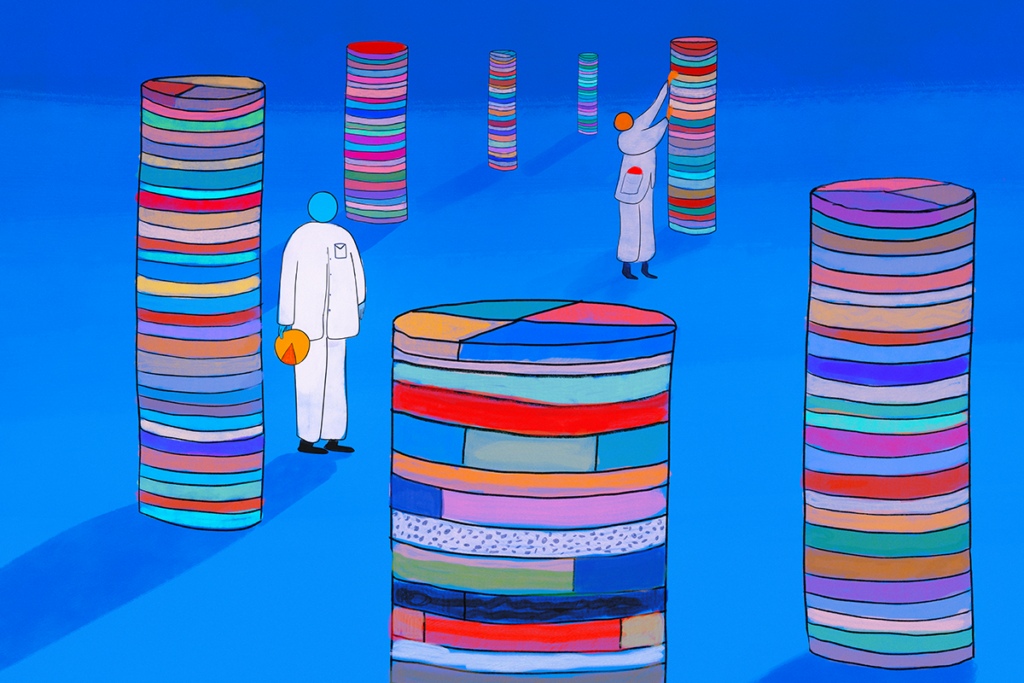
Neuroscience’s open-data revolution is just getting started
Data reuse represents an opportunity to accelerate the pace of science, reduce costs and increase the value of our collective research investments. New tools that make open data easier to use—and new pressures, including funding cuts—may increase uptake.
To keep or not to keep: Neurophysiology’s data dilemma
An exponential growth in data size presents neuroscientists with a significant challenge: Should we be keeping all raw data or focusing on processed datasets? I asked experimentalists and theorists for their thoughts.
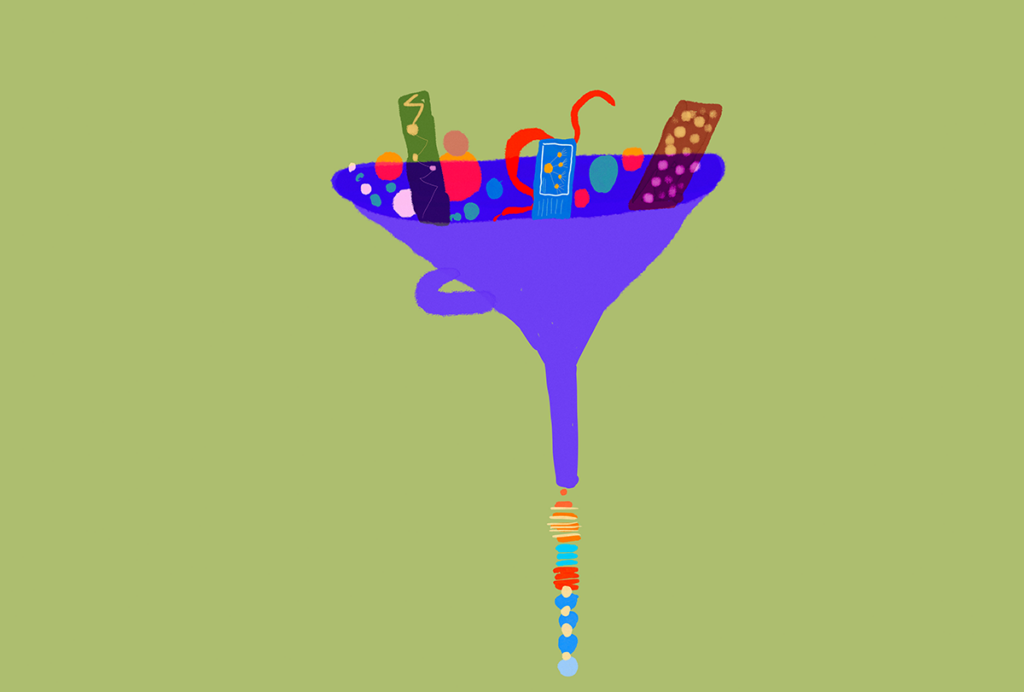
To keep or not to keep: Neurophysiology’s data dilemma
An exponential growth in data size presents neuroscientists with a significant challenge: Should we be keeping all raw data or focusing on processed datasets? I asked experimentalists and theorists for their thoughts.
The S-index Challenge: Develop a metric to quantify data-sharing success
The NIH-sponsored effort aims to help incentivize scientists to share data. But many barriers to the widespread adoption of useful data-sharing remain.
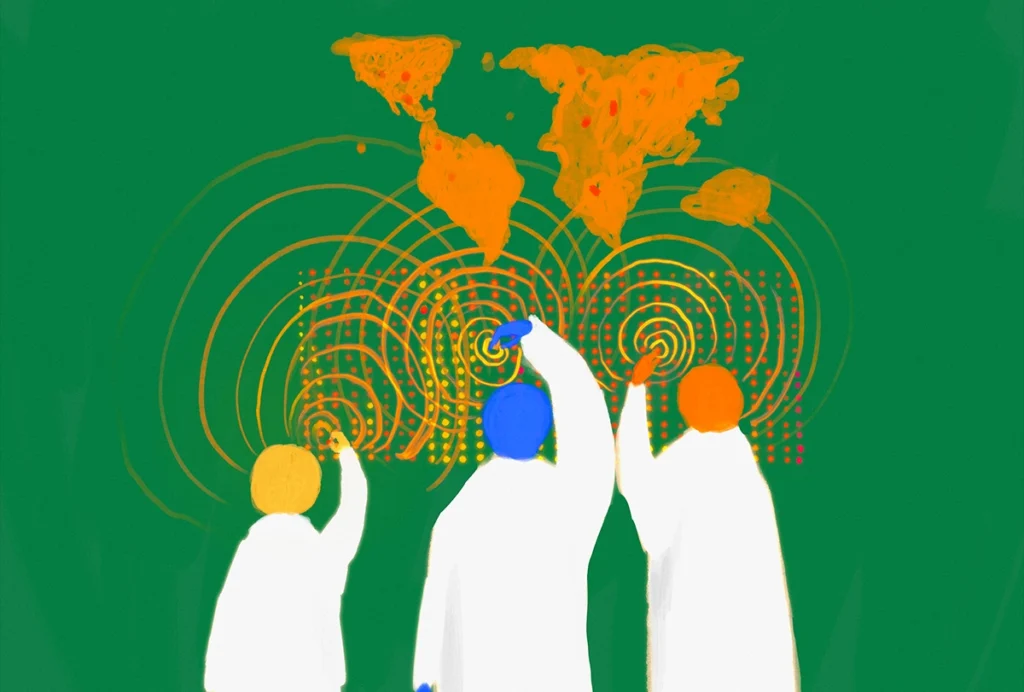
The S-index Challenge: Develop a metric to quantify data-sharing success
The NIH-sponsored effort aims to help incentivize scientists to share data. But many barriers to the widespread adoption of useful data-sharing remain.
A README for open neuroscience
Making data (and code) useful for yourself automatically makes it useful for others.
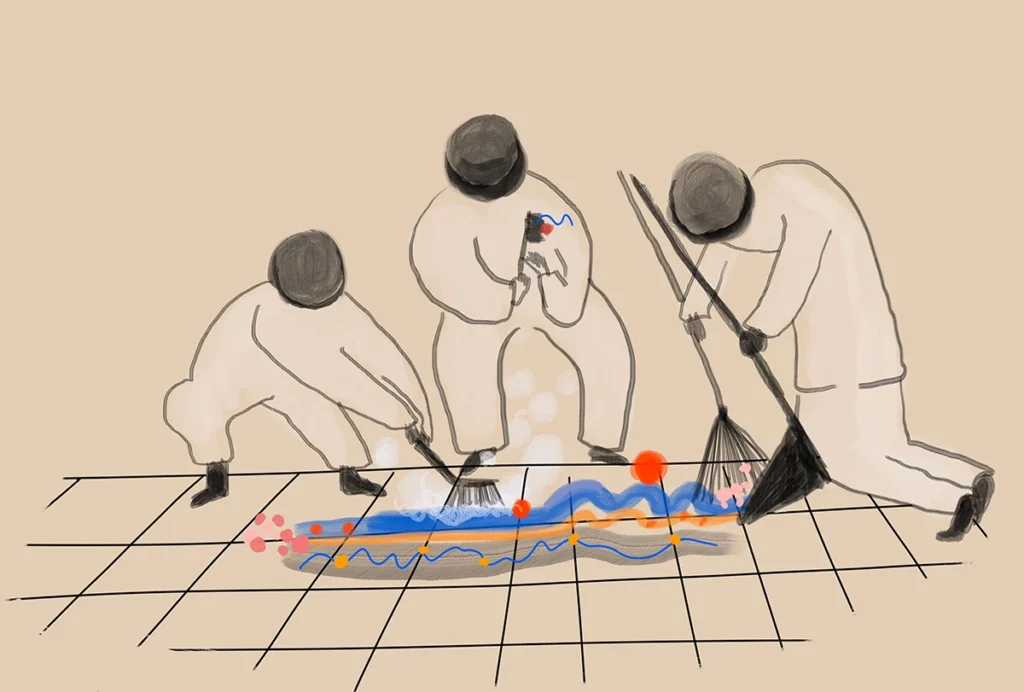
A README for open neuroscience
Making data (and code) useful for yourself automatically makes it useful for others.
Neuroscience graduate students deserve comprehensive data-literacy education
Despite growing requirements around how to handle and share data, formal training is lacking.
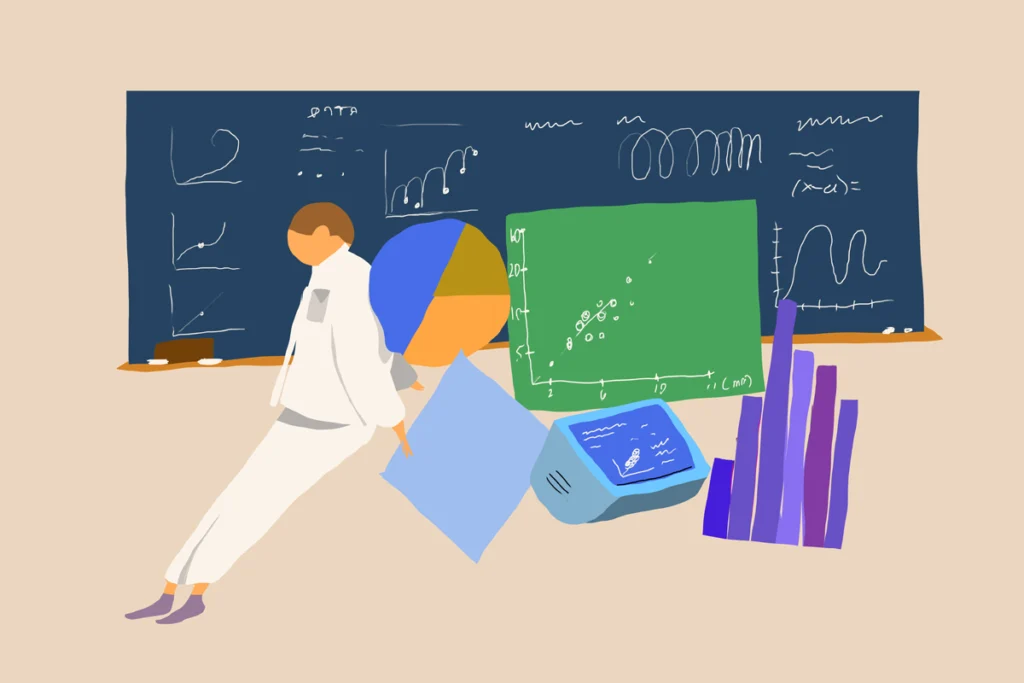
Neuroscience graduate students deserve comprehensive data-literacy education
Despite growing requirements around how to handle and share data, formal training is lacking.
Designing an open-source microscope
Funding for the development of open-source tools is on the rise, but support for their maintenance and dissemination, both crucial for their meaningful uptake, remains a major challenge.
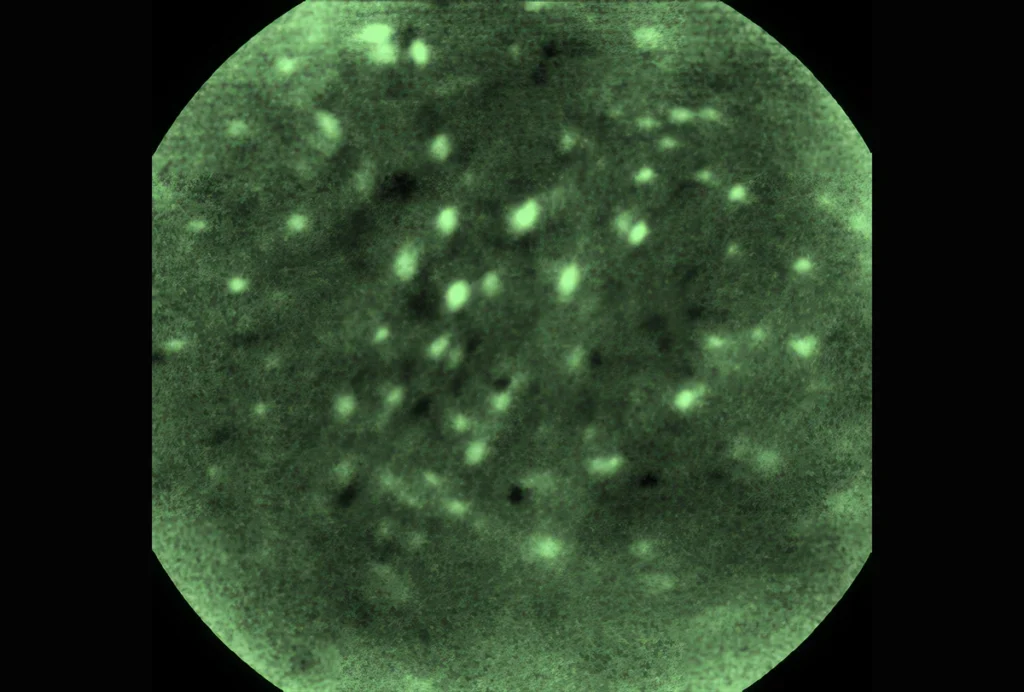
Designing an open-source microscope
Funding for the development of open-source tools is on the rise, but support for their maintenance and dissemination, both crucial for their meaningful uptake, remains a major challenge.
Neuroscience needs a research-video archive
Video data are enormously useful and growing rapidly, but the field lacks a searchable, shareable way to store them.
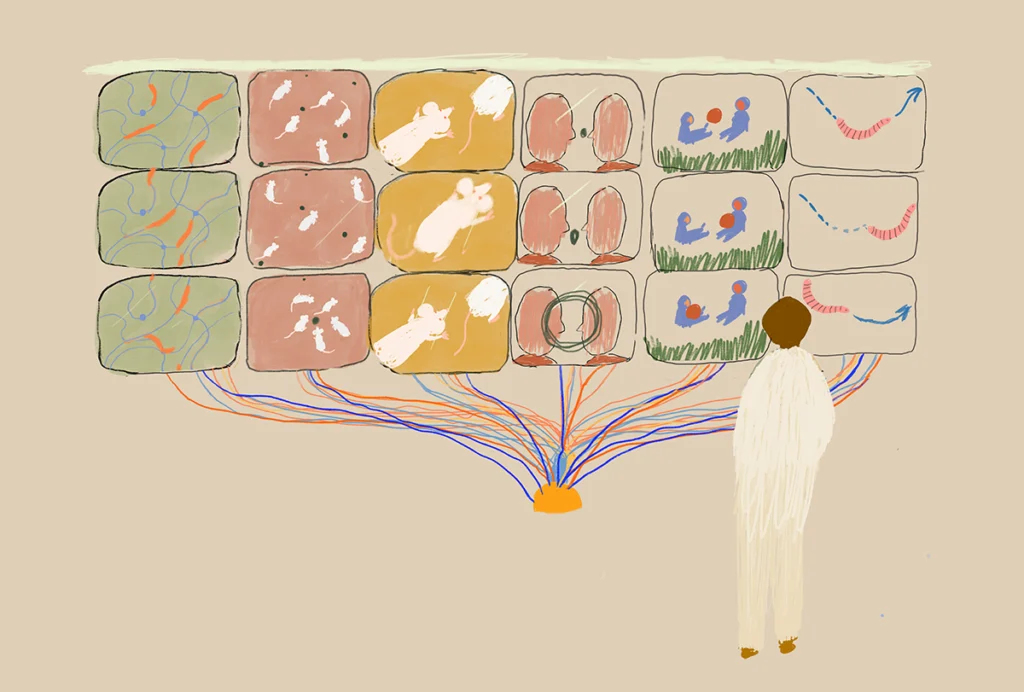
Neuroscience needs a research-video archive
Video data are enormously useful and growing rapidly, but the field lacks a searchable, shareable way to store them.
Unleashing the power of DIY innovation in behavioral neuroscience
Widespread adoption of open-source tools calls for more support and training.
Unleashing the power of DIY innovation in behavioral neuroscience
Widespread adoption of open-source tools calls for more support and training.
Pooling data points to new potential treatment for spinal cord injury
By gathering raw data from multiple labs, we identified an overlooked predictor of recovery after spinal cord injury. Many more insights remain trapped in scattered data.
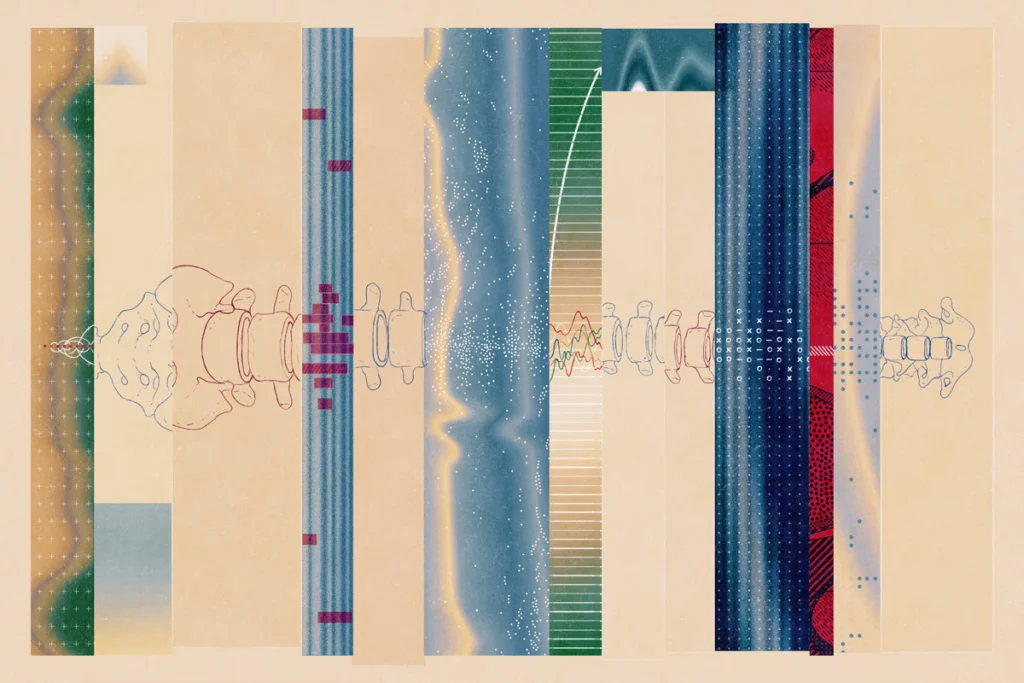
Pooling data points to new potential treatment for spinal cord injury
By gathering raw data from multiple labs, we identified an overlooked predictor of recovery after spinal cord injury. Many more insights remain trapped in scattered data.
How scuba diving helped me embrace open science
Our lab adopted practices to make data- and code-sharing feel safer, including having the coding equivalent of a dive buddy. Trainees call the buddy system a welcome safety net.
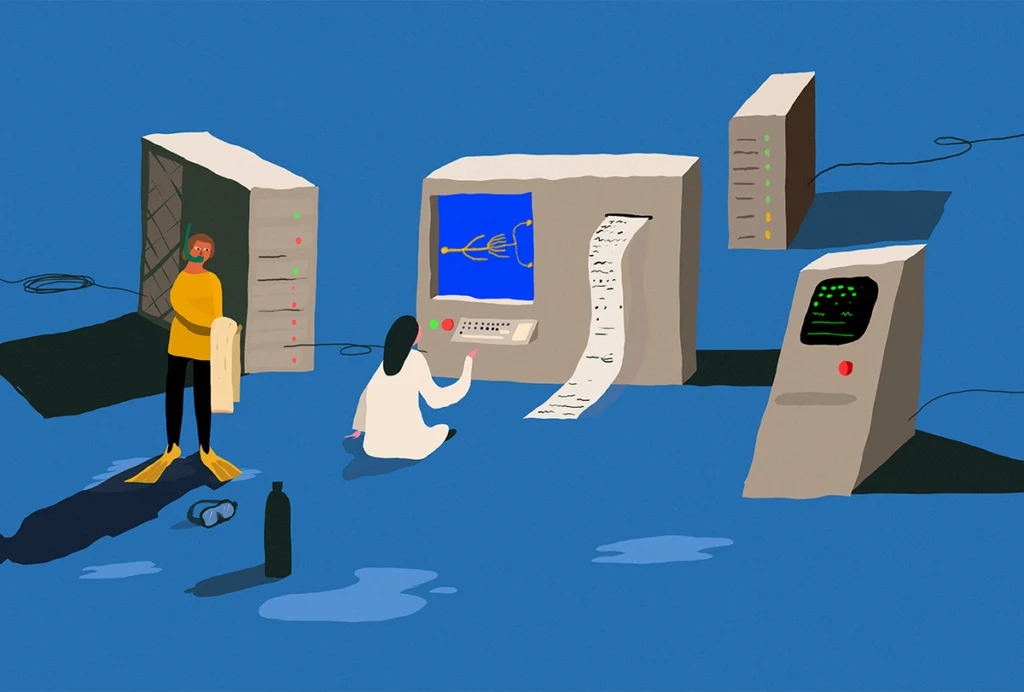
How scuba diving helped me embrace open science
Our lab adopted practices to make data- and code-sharing feel safer, including having the coding equivalent of a dive buddy. Trainees call the buddy system a welcome safety net.
Explore more from The Transmitter
ABCD Study omits gender-identity data from latest release
The removal counteracts the goals of the longitudinal study by “pretending that some aspects of adolescent brain development don’t exist,” says sex differences researcher Nicola Grissom.
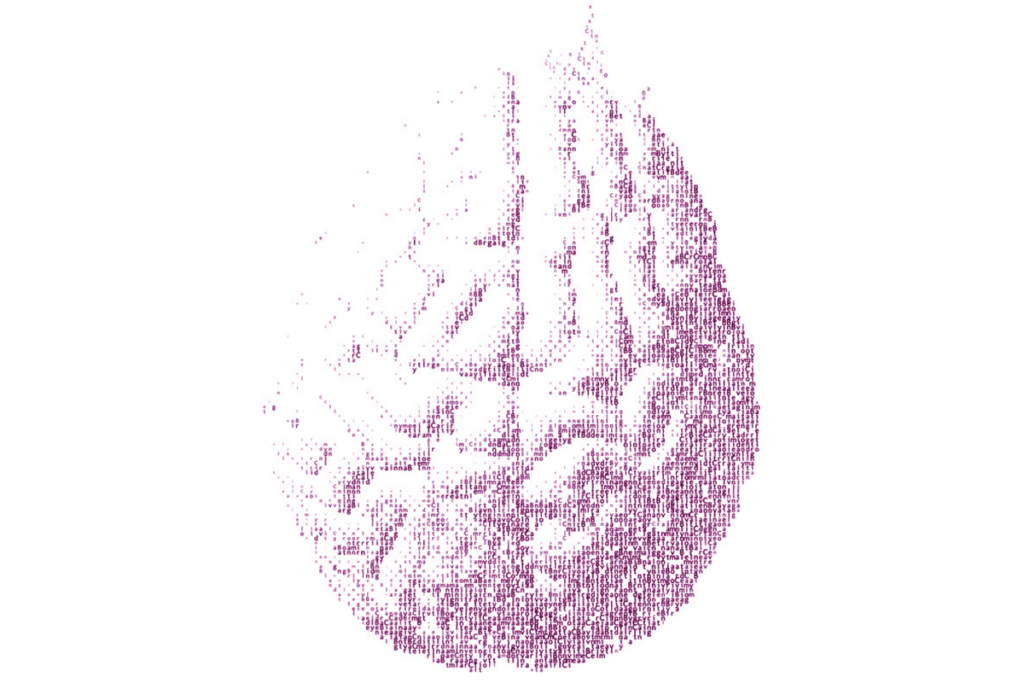
ABCD Study omits gender-identity data from latest release
The removal counteracts the goals of the longitudinal study by “pretending that some aspects of adolescent brain development don’t exist,” says sex differences researcher Nicola Grissom.
Neuropeptides reprogram social roles in leafcutter ants
The mechanisms that control the labor roles of ants may also be conserved in naked mole rats, a new study shows.
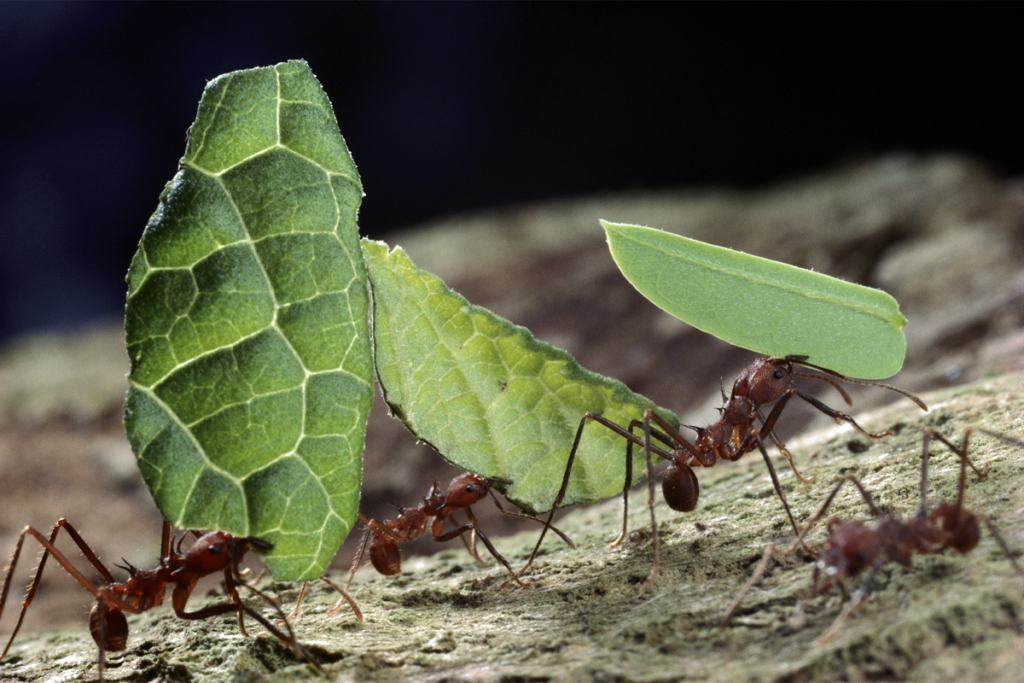
Neuropeptides reprogram social roles in leafcutter ants
The mechanisms that control the labor roles of ants may also be conserved in naked mole rats, a new study shows.
Perspectives from the field: Opinions in autism research
This collection of Spectrum articles from the past 12 months highlights expert perspectives on autism’s heritability and its link to biological sex, the value of transdiagnostic frameworks, and the field’s future, among other topics.
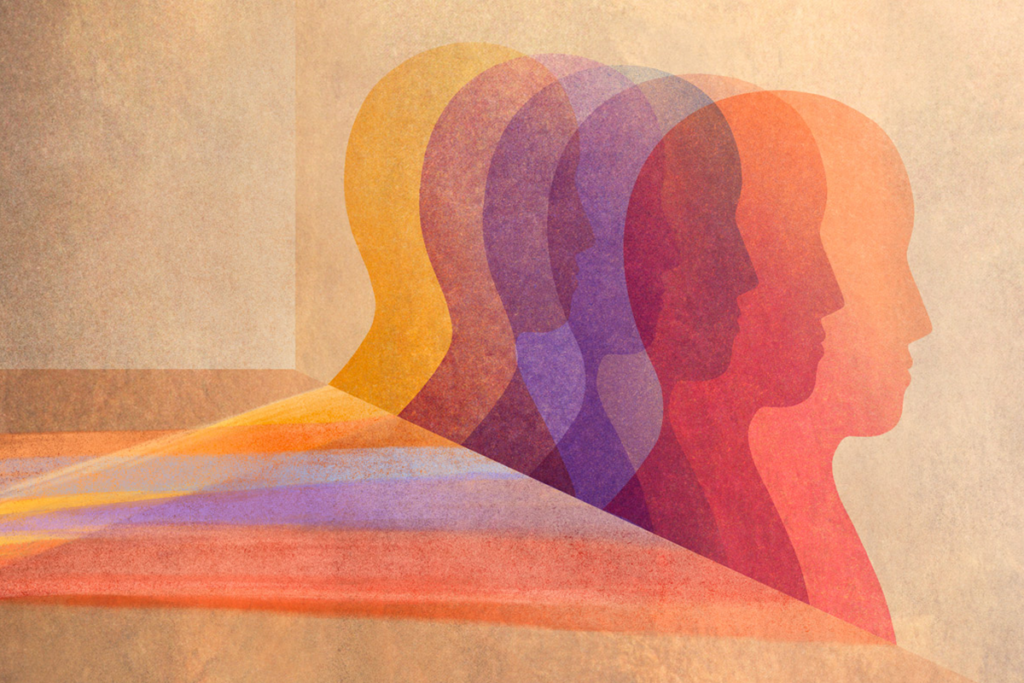
Perspectives from the field: Opinions in autism research
This collection of Spectrum articles from the past 12 months highlights expert perspectives on autism’s heritability and its link to biological sex, the value of transdiagnostic frameworks, and the field’s future, among other topics.